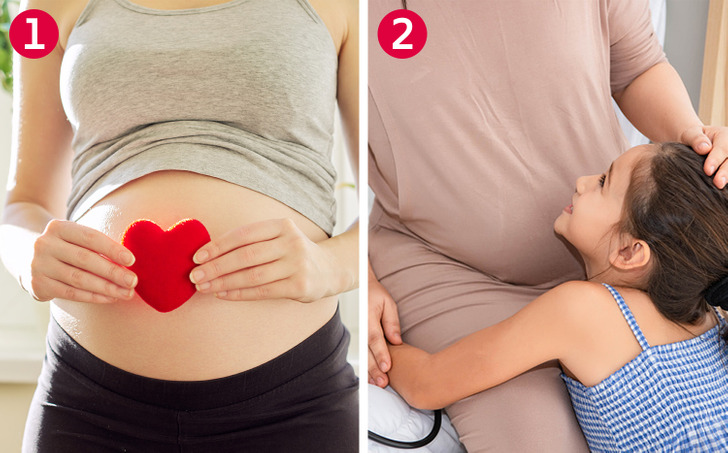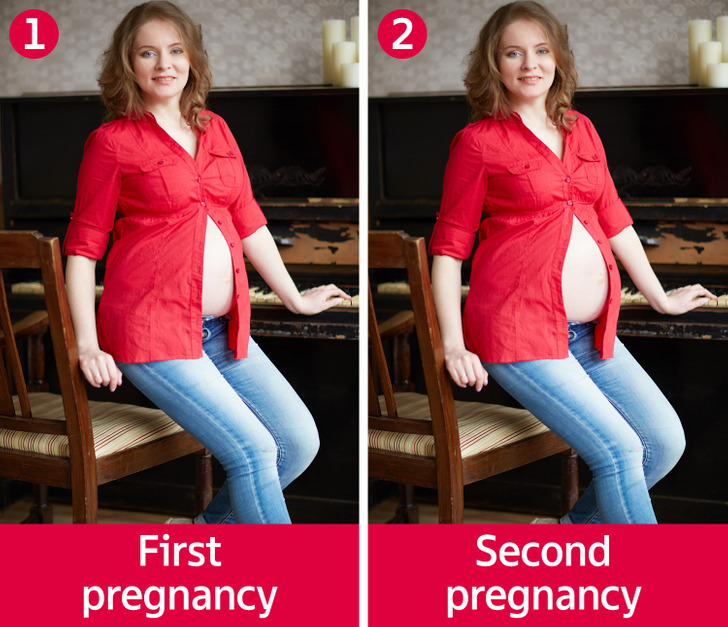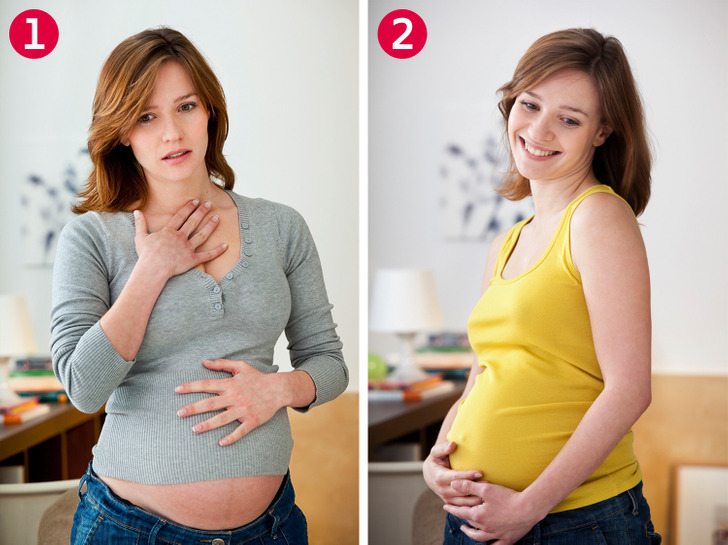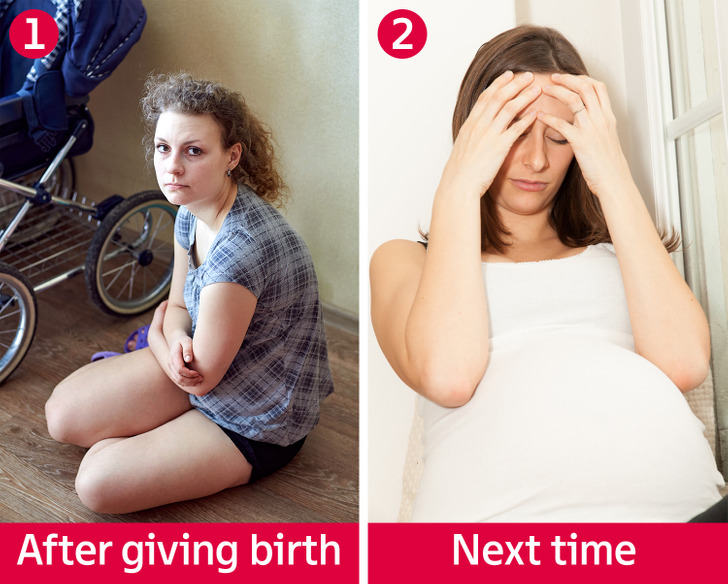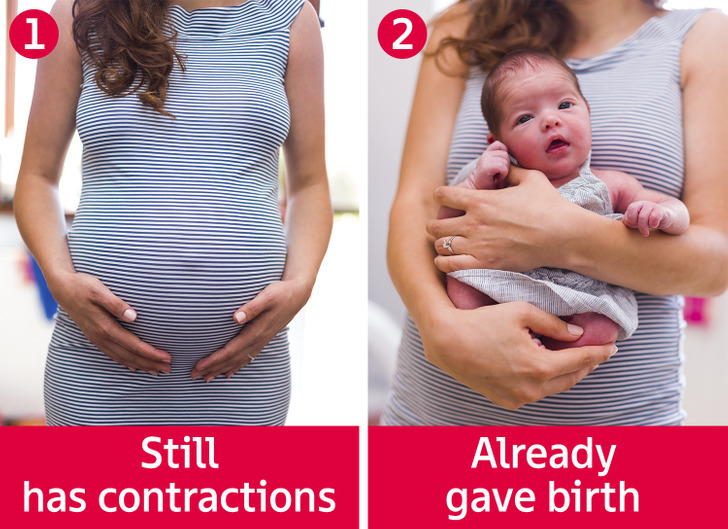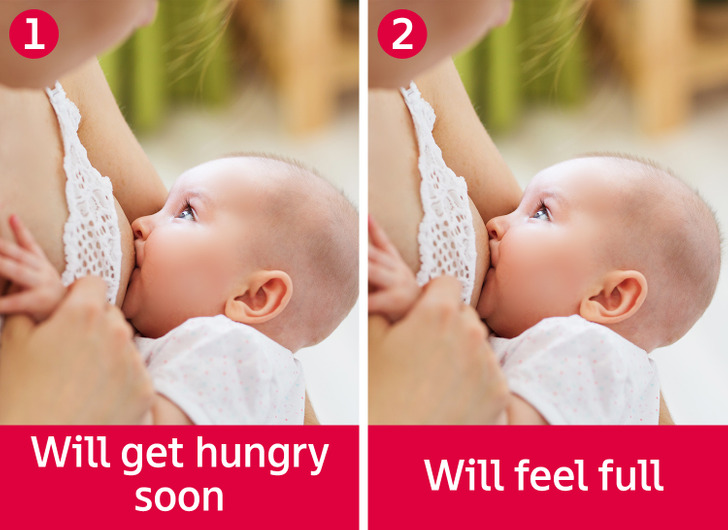10 Non-Obvious Differences Between the First Pregnancy and the Next Ones
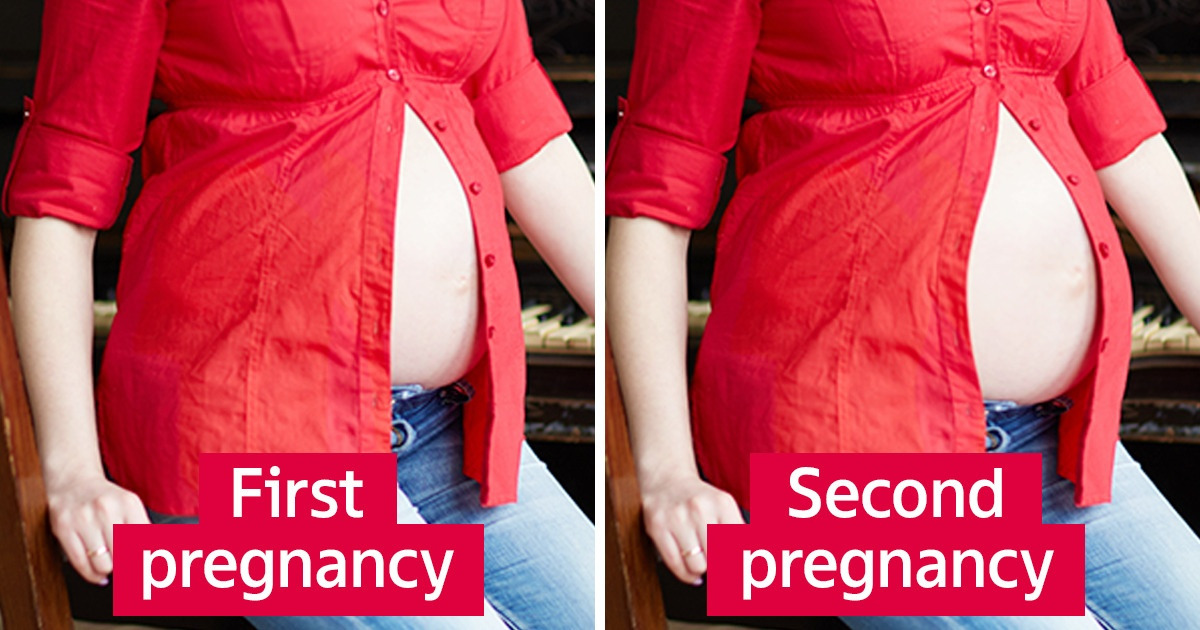
After the first labor, many women sigh with relief and think they know everything about this sacred process. But mothers with more experience know that things might be quite different next time. For example, false labor contractions might be more frequent, babies will be born much faster, and there will be plenty of milk.
We at CHEERY understand that pregnancies are different for all women, but quite often, the second and subsequent pregnancies are not like the first one. Take a look yourself.
10. The sensation of “having someone inside” might appear much earlier
First-time pregnant women might feel the fetus moving at around the 25th week. But during the second pregnancy, some women feel movement inside at around the 13th week. And it’s because women who’ve already experienced motherhood have had these sensations, so they can tell the difference between the baby moving and gases or stomach noises.
9. Backaches might be stronger
During pregnancy, women’s posture changes — the center of gravity moves forward. This can be a big challenge for untrained back muscles. And the next time around, they will be in even more pain because the mother has more work: she often has to bend to pick up toys, chase after her babies, or pick them up. This is why doctors recommend strengthening the abs before pregnancy, wearing bandages, and not lifting anything heavy when pregnant.
8. False labor contractions become more frequent
During the second and subsequent pregnancies, the chance of experiencing Braxton Hicks contractions is higher. These are also known as false contractions, and they are a preparation for the actual labor. Some of the women that go through more than one pregnancy have them more often.
7. Mothers might worry they won’t love this child
When a woman is pregnant for the first time, she is busy thinking about her future baby. But when you already have children, you can’t concentrate only on the newborn. This is why women often worry that they won’t be able to love the next baby as much as the first one. However, it usually turns out that mothers have enough love for all the family members.
6. It’s unlikely you’ll spend the entire pregnancy with a small tummy
After the first pregnancy, the abdominal muscles are not as strong as they were. This is why the next time, they stretch even more. So the tummy might be much bigger than the first time. Some moms even joke that they will need maternity pants the day after they get a positive pregnancy test.
5. The breasts are unlikely to increase a few sizes
This is good news. Now, you won’t have to buy bras of giant sizes. And your breasts won’t be as sensitive: touching them shouldn’t be as painful as it was the first time.
4. Some mothers might be depressed after every following pregnancy
Some women say that feeling powerless and depressed becomes worse with every following pregnancy. The women that had postpartum depression are at risk. According to therapists, this condition might be caused not only by the pregnancy itself but by the additional stress of taking care of several kids.
3. You’re unlikely to find enough time for family photos and to learn about pregnancy
During your first pregnancy, it’s easy to find free time to take photos with your growing tummy, listen to classical music with your future baby, or try to make them love certain foods. But when you are pregnant with your second or third child, you will be distracted by other things at home. It’s really hard to read Shakespeare to your fetus after checking your other child’s homework or doing groceries.
2. Labor will most likely go faster
It’s simple. The uterus and the cervix have already been through these challenges, so they know exactly “what to do”. Experts say that all labor stages are shorter the second time around.
1. There might be more milk
According to a study, after the second pregnancy, there’s around 30% more milk than there was after the first one. This is why it might seem that the baby is not eating enough. But in fact, there’s just more milk and the baby feels full faster.
How did you feel during your first pregnancy? Would you consider going through this again?



